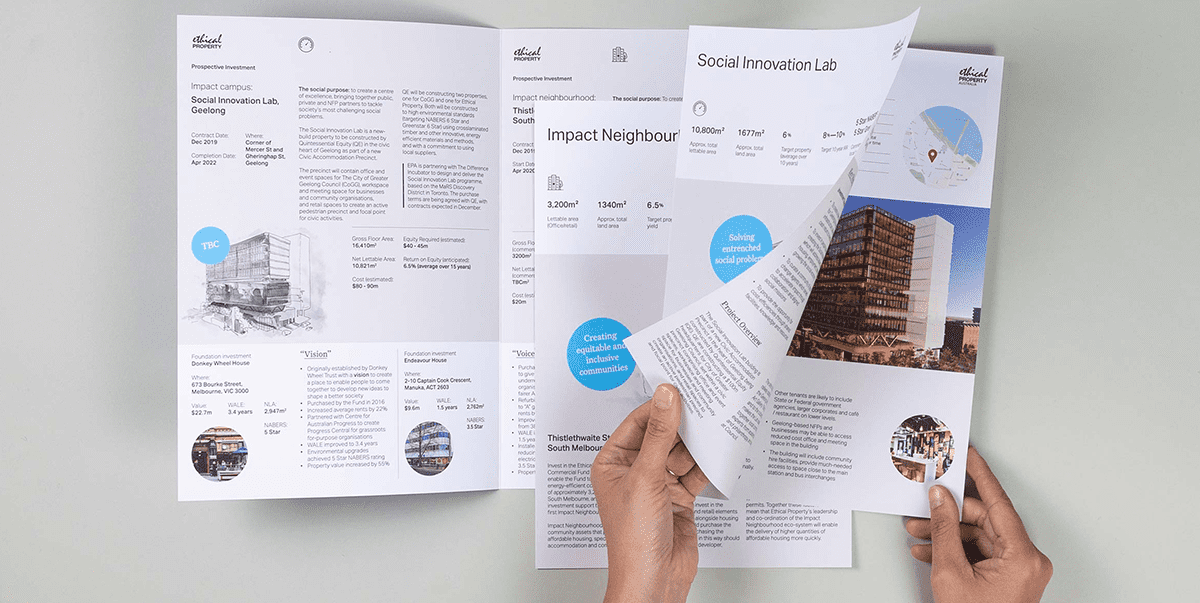
During the recent Federal election, health was highlighted as a key issue for many people. With the return to government of the Coalition, the changes that were announced in the May budget will now be implemented.
One relatively small ($21.3 million) but interesting budget item was the trial of ‘Health Care Homes’. This initiative will see approximately 65,000 people with chronic illnesses participate in two year trials from 1 July 2017. The initiative is based on the report of the 2015 Primary Health Care Advisory Group, which was released in March this year and recommended changes to the way health care is managed and funded in Australia. These changes were aimed at achieving better outcomes for people with chronic and complex health conditions.
The impact of chronic illnesses.
Chronic illnesses have a large impact on our primary health care system, as conditions such as diabetes, heart disease, cancer, arthritis and respiratory conditions now effect up to one in five Australians. The Department of Health figures also show that chronic diseases are the leading cause of illness, disability and death in Australia, accounting for 90% of deaths in 2011. Australia is not alone in this regard; according to the World Health Organisation (WHO), deaths caused by chronic diseases dominate mortality statistics in five out of the six WHO regions.
The treatment of chronic illnesses usually requires people to access a number of health services, which can make treatment both costly and difficult to coordinate. The ‘Health Care Home’ model seeks to address both issues.
How will the Health Care Homes trial work?
Under the Health Care Home trials, patients will no longer pay for each service they receive or visit that they make to a GP. Instead, patients will be given a payment package to cover medical services and their care will be coordinated, supported and managed through a medical centre that is nominated as their “home base”. Patients would also have a GP appointed to act as their care coordinator. Under this model, care can be continuous, personalised and coordinated, and data can be shared with health professionals as needed.
With chronic illnesses making up a large proportion of hospital presentations, it’s hoped that Health Care Homes will be able to improve care management and ultimately, keep people out of hospital. Reform will be challenging, however, as it will require significant changes in the primary health care system.
One of the key challenges will be data management, as systems and software will be needed to enable information to be shared quickly and easily. Medical practices, GPs and patients will all need to get on board with the Health Care Home model too. However, the challenges are outweighed by the benefits of improving care and health outcomes, and reducing costs.

